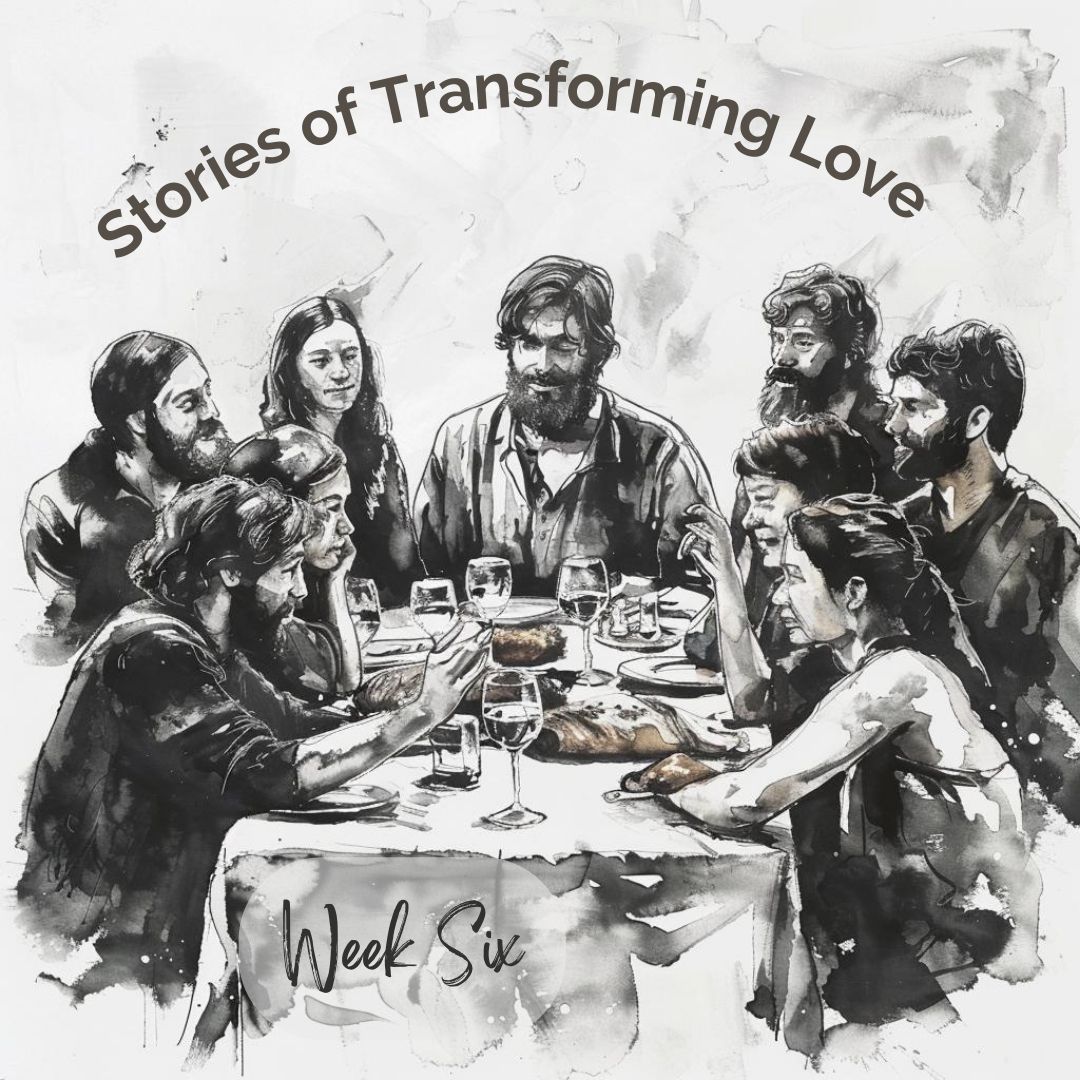Judas
is, outside of Jesus, the most poignant and affecting character in the passion story. We meet other great figures this week, but none that stir such emotion in us. Peter the denier comes close, but no one drops completely into the abyss like Judas. His sin is considered unforgiveable. Would I have done that? we can’t help but wonder. Then lesser betrayals come to mind, the things we did for thirty pieces of silver.
After Jesus was condemned to death, Judas tried to give the money back to the chief priests and the elders. “I have sinned,” he cried, “by betraying innocent blood.” But they told him that was his business. “And throwing down the pieces of silver in the temple, he departed; and he went and hanged himself.”
The tragedy of Judas is that he went to the wrong people to repent. If he could have found Jesus, and poured out his heart like the prodigal son, he would have been forgiven. The one who insisted that we not only forgive, but love our enemies would have embraced his repentant disciple.
The Judas character is so powerful for us because it’s our own sin writ large. In Judas we see and feel the pangs of whatever sin we sometimes feel has put us beyond the pale of grace. Since we battle to forgive ourselves, it makes emotional sense that God probably wouldn’t forgive us either.
In his book The Gospel of Judas, theologian Ray S. Anderson recounts a personal turning point. “I saw it in the men’s restroom in a restaurant in San Francisco, printed in block letters with a blue felt tip pen across the top of the mirror:
JUDAS COME HOME – ALL IS FORGIVEN!”
Anderson stood there and saw Judas in the mirror, remembered all his unforgiveables.
Yet the mercy of God cannot be bested by our sins. The love of God will not finally be denied.
Wonderer, worshipper, lover of leaving.
It doesn’t matter.
Ours is not a caravan of despair.
Come, even if you have broken your vow
a thousand times
Come, yet again, come, come.
–Inscribed at the tomb of Jelaluddin Rumi
COMPANIONS ON THE WAY
Introduction
Stories of Turning
Week One
Stories of Wild Places
Week Two
Stories of Dogged Faith
Week Three
Stories of Mercy & Forgiveness
Week Four
Stories of Simplicity & Joy
Week Five
Stories of Prayer & Surrender
Week Six
Stories of Transforming Love

I did not know Judas hanged himself.
I had a lot of trouble looking in the mirror for some period of time. I’d dim the lights and stand as far back as possible if I had to use it. It’s pretty disheartening to look in a mirror and hate what you see – for me I don’t think it was so much the actual image as the inner despair. My eyes told quite a story. Also for me, I think you’re right that often it seems impossible that an omniscient omnipresent Being could legitimately forgive all that disappointment – seeing what it has seen. I still have a hard time believing it.
You see “A Star is Born” with Bradley Cooper and Lady Gaga? I think there are several versions but all about the tragic consequences of not being able to forgive yourself..including the inability to forgive yourself (ie childhood trauma) for things well beyond your control. The human condition.
Thanks for that mirror story, Matt. And you’re right about all the things we can’t forgive in ourselves–very often things that have happened TO us, that’s how guilt works so insidiously. So how could God forgive it? As you say, that’s hard to believe–and keep believing. I think that’s one of the key roles of a community of faith–and AA is such a community!–to keep reminding us of what’s true in those moments when, on our own, we can’t believe it. So today, I believe for you; and tomorrow you believe for me, you carry me.
Very timely, David. God not only forgives me, but gives me the grace to forgive myself. If, that is, I can receive that grace.